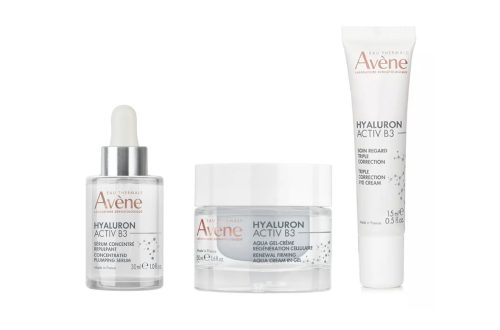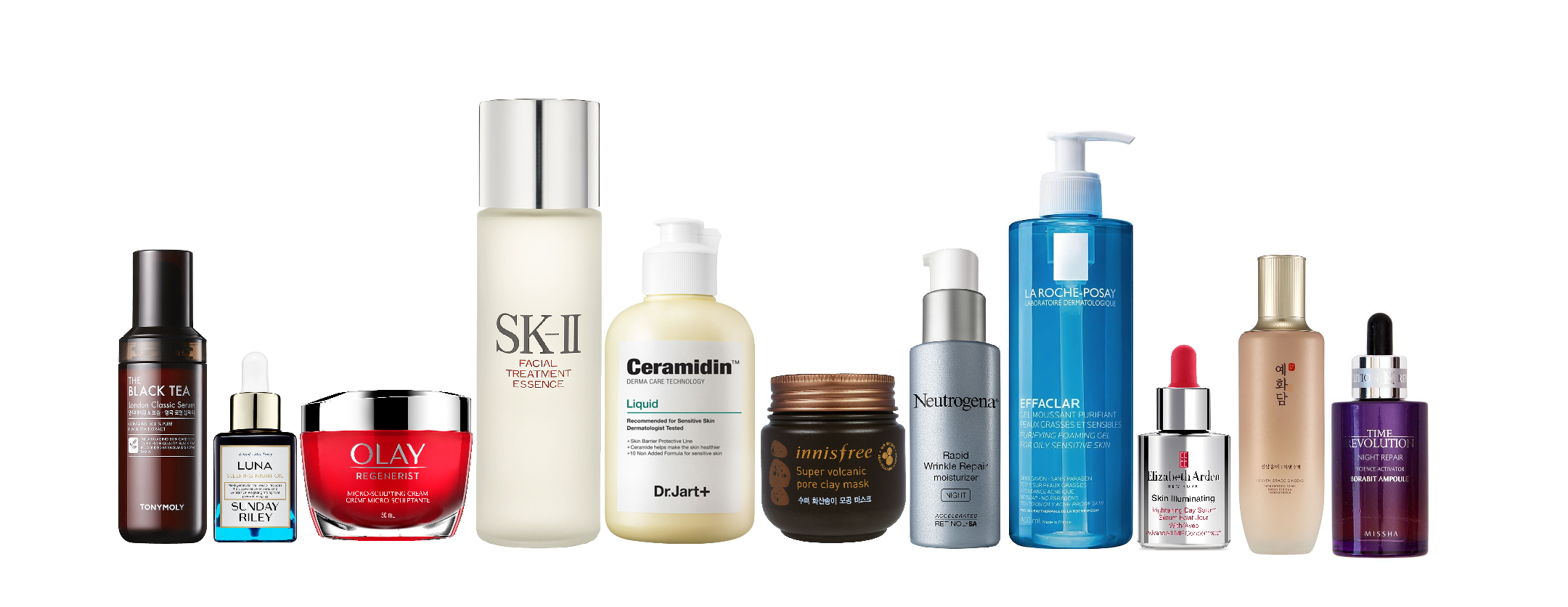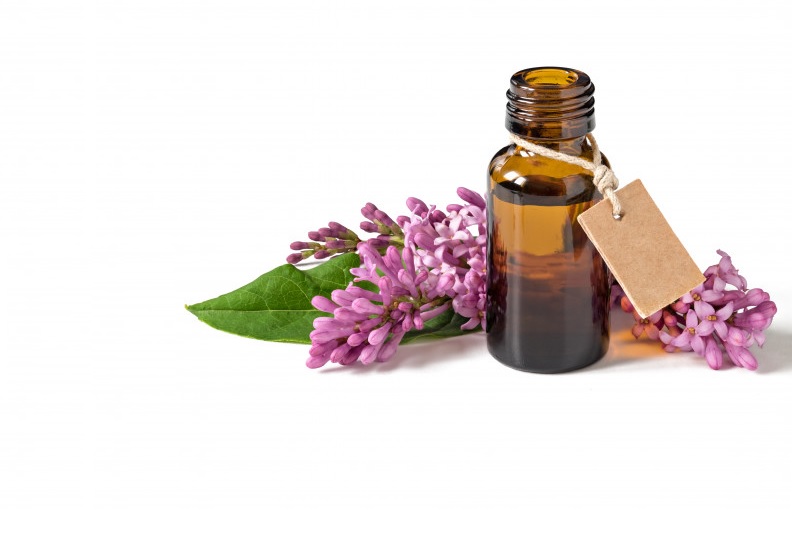
Fragrance In Skincare
why does it matter?
Fragrance in skincare can be contributed naturally or synthetically. Natural examples include essential oils and botanical extracts like lavender, mint, citrus and rose. Synthetic are chemically derived in a lab. Fragrance can make a product smell better and more enticing. Regardless of its origin, appeal or concentration, fragrance is a very common sensitising ingredient that can affect all skin types.
It’s worth noting that cosmetic companies are not required to disclose the components that make up the ingredient “fragrance” so that opens up any number of potential problems.
Fragrance may have a negative effect on the skin either in the short or long term. These impacts present themselves in different forms including but not limited to breakouts, redness, inflammation, contact dermatitis and allergic reactions. Furthermore, fragrance can accelerate the aging process by increasing your skin’s sensitivity to ultraviolet radiation.
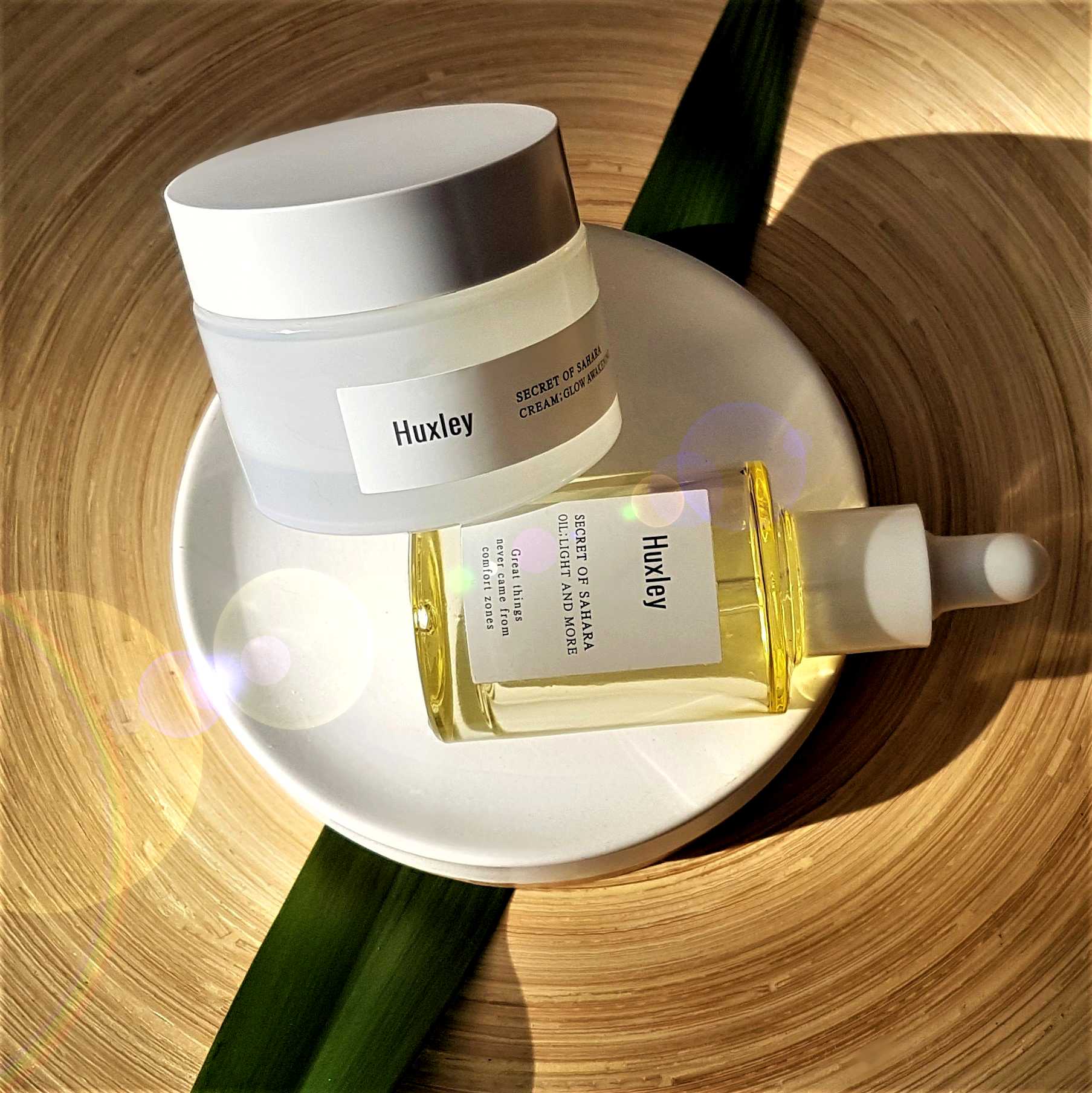
why include fragrance in skincare?
Scent is one of the most powerful senses and cosmetic companies tap into that to improve sales. It’s a fact that people generally like things that smell nice and this can influence consumer choices. Another reason could be to mask an unpleasant resultant odour of a formulation while fragrance may also offer antibacterial properties so can serve a secondary purpose as a preservative.
how to locate fragrance ingredients
As consumers, we should always check product labels to make sure an item meets our standards. Information a label can convey includes vegan and cruelty free status, expiration date and shelf life, place of manufacture as well as full formula disclosure. Occasionally, especially with Asian beauty, these may be printed in a language other than English although mostly, you tend to find a translation. If you can’t, it can be handy to check online sources for a legible INCI before purchasing. Alternatively, try to contact the brand or stockist for more information.
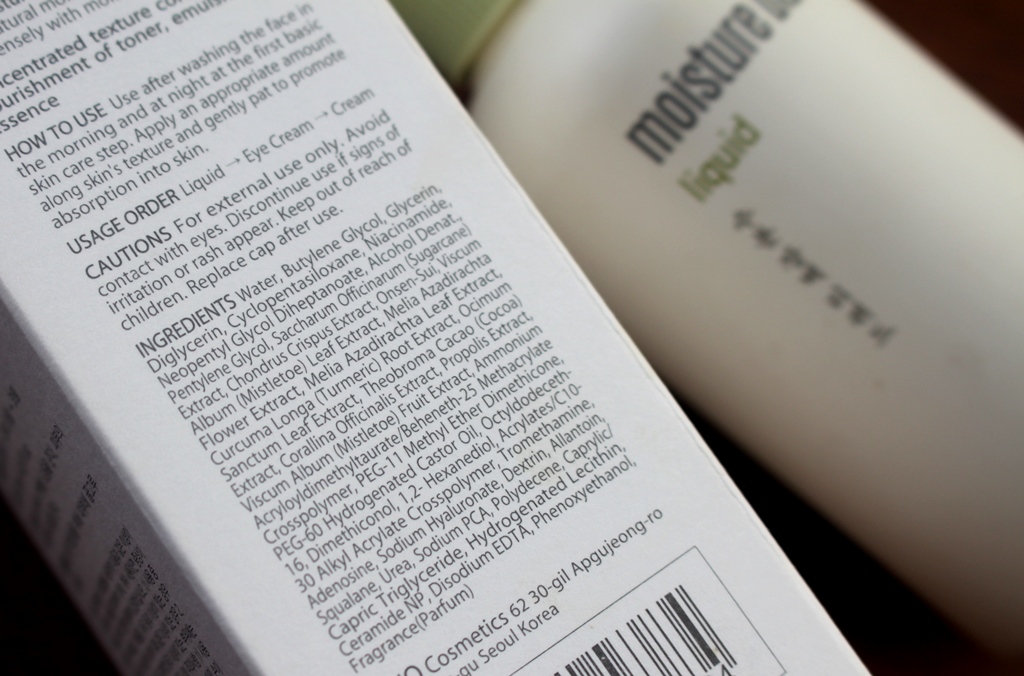
When searching for fragrance, the main culprit will be noted as Fragrance, Parfum, Perfume or Aroma. Less obvious are fragrant compounds such as Linalool, Citronellol, Cinnamal, Limonene, Geraniol and Eugenol. Essential oils can be stated in their common and/or botanical names. Popular choices include Lavender (Lavandula angustifolia) oil, Rose flower (Rosa damascena) extract, Bergamot (Citrus bergamia) oil, Ylang-ylang (Canaga odorata) oil, Lemon (Citrus limon), Lime (Citrus aurantifolia or Citrus medica), Orange (Citrus sinensis), Tangerine (Citrus tangerine), Peppermint (Mentha piperita), Spearmint (Mentha spicata), Eucalyptus and Cinnamon (Cinnamomum).
This is certainly not an exhaustive list of fragrance elements so if in doubt, utlitise resources like CosDNA, EWG, INCI Decoder and SkinCarisma to help you understand the nature and purpose of an ingredient.
but fragrance isn’t a problem for my skin
According to Paula Begoun, founder of Paula’s Choice, reactions to fragrance can be instant or delayed. Just because your skin doesn’t necessarily show signs of harm, doesn’t confirm that damage isn’t being done in the background. This can be cumulative and may show itself at some time in the future.
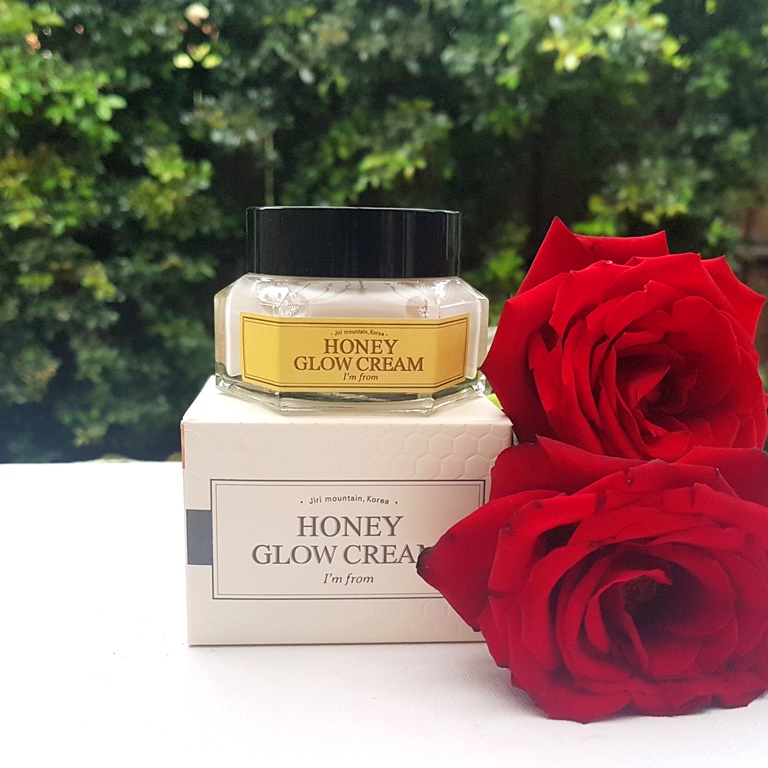
personal experience
Mine is not sensitive skin although I definitely react to products from time to time. There are two ingredients that I have identified that cause me irritation: alcohols (the bad kind of course) and fragrance. I usually don’t notice immediate problems, however, if I use them consistently for an extended time, coat consecutive layers of such products in the same routine, or apply high concentrations of one or both, my skin eventually responds, alerting me that it’s just not coping.
In such cases, I suffer contact dermatitis primarily across my chin. This basically looks like a red rash which can be accompanied by a tingle or mild burning sensation. Some segments of the skin become visibly red and bumpy, other parts retain a flaky and dry rawness. Either way, it’s not good! The severity will determine how long it takes to repair. Usually, it’s at least a two week challenge. Using fragrant skincare is similar to avoiding sunscreen… free radials will eventually win out and we’ll see the signs of aging faster!
advice
Everyone should do what they think is best for their skin. Personally, I make a conscious effort to use clean skincare, products free from known irritants such as fragrance since I have seen their impacts first hand. Being a Skincare enthusiast however, I am sometimes provided products for review that I wouldn’t necessarily purchase myself. But, I test them and ensure to always note the presence of fragrance in my reviews with an appropriate warning.
I’ve only just touched the surface of this topic, trying to simply raise awareness. There are some great resources on the internet that go through the dangers of fragrance in skincare in great depth that you should explore. Just make sure the ones you find are reputable by checking their qualifications and credentials.
In summary, if you can avoid fragrance in skincare, natural or synthetic, do!
the references
Why Fragrance-Free Products are Best for Everyone Paula’s Choice Skincare
Essential Oils: The fragrant danger in your skin care O U M E R E
the disclaimer
Please read in context with my disclaimer.




